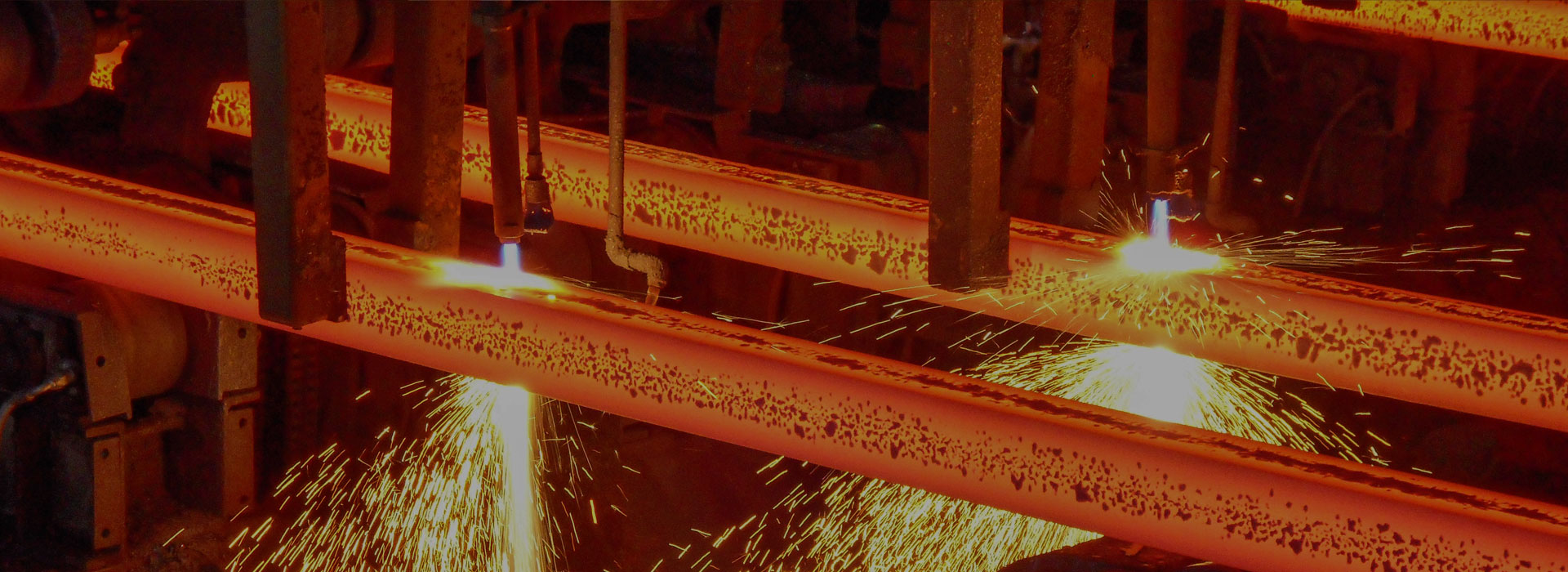What Is Steel Casting
2023-08-04
Steel casting is a manufacturing process that involves the pouring of molten steel into a mold to create a desired shape. It is a widely used method in the production of various industrial components and parts. Steel casting offers numerous advantages, including high strength, durability, and the ability to create complex shapes.
The process of steel casting begins with the selection of the appropriate steel alloy. Different alloys have varying properties, such as strength, corrosion resistance, and heat resistance. Once the alloy is chosen, it is melted in a furnace at extremely high temperatures. The molten steel is then poured into a pre-designed mold, which is usually made of sand or ceramic material.
The mold is carefully crafted to create the desired shape of the final product. It is important to ensure that the mold is properly designed to allow for the flow of molten steel and to prevent any defects in the casting. The molten steel is poured into the mold and left to cool and solidify. Once the steel has solidified, the mold is removed, and the casting is cleaned and finished.
Steel casting offers several advantages over other manufacturing processes. Firstly, it allows for the production of complex shapes that would be difficult or impossible to achieve with other methods. This is particularly beneficial in industries such as automotive, aerospace, and construction, where intricate components are often required.
Secondly, steel casting provides excellent strength and durability. Steel is known for its high strength-to-weight ratio, making it an ideal material for applications that require strong and reliable components. Steel castings can withstand heavy loads, high temperatures, and harsh environments, making them suitable for a wide range of industries.
Furthermore, steel casting offers cost-effectiveness. While the initial setup costs for steel casting can be higher compared to other manufacturing processes, the ability to produce large quantities of components in a single casting reduces overall production costs. Additionally, steel castings require minimal post-processing, resulting in further cost savings.
Steel casting is a versatile and efficient manufacturing process that offers numerous advantages. Its ability to produce complex shapes, high strength, and durability make it a preferred choice in various industries. With its cost-effectiveness and reliability, steel casting continues to play a crucial role in the production of industrial components and parts.




